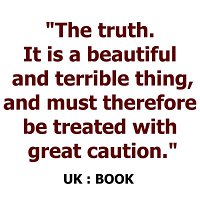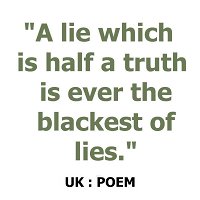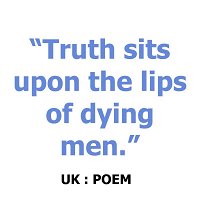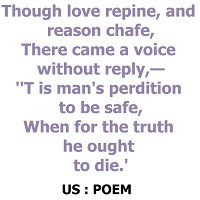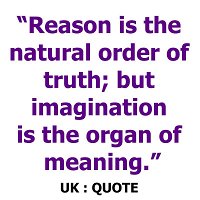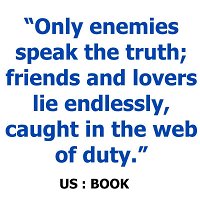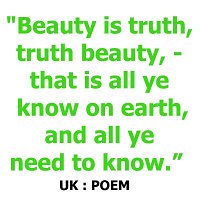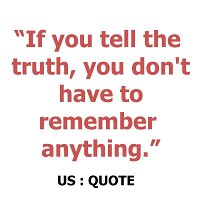
Truth Be Quoted Trivia Quiz
Truth: we can have kernels, nuggets or rings of it and we can blow it, bend it or stretch it. We can be economical with it or we can cross our heart and swear to tell it. These ten authors all made quotes about it. Just match up who said what.
by Midget40.
Estimated time: 3 mins.
